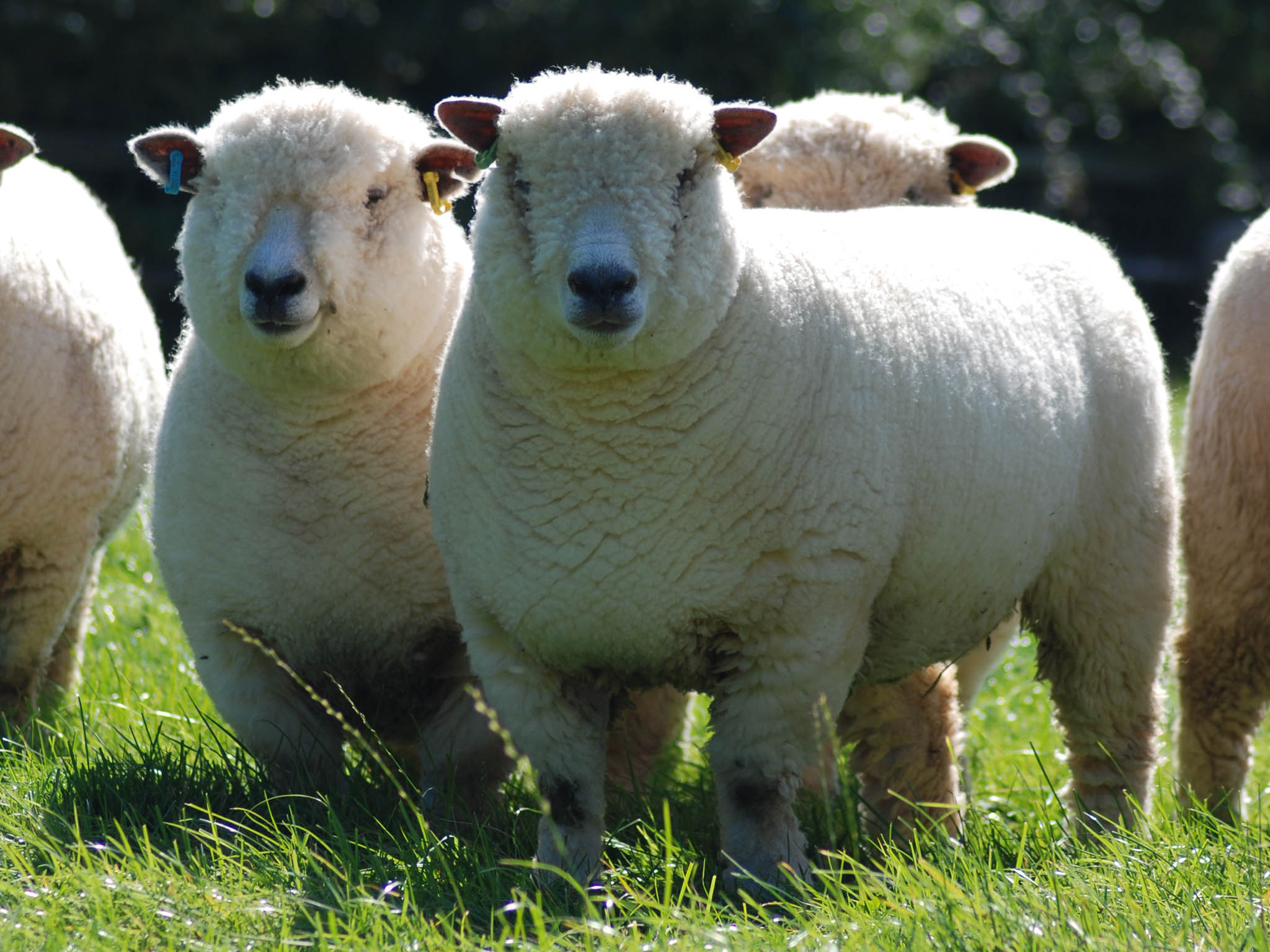UK set to ban exporting live animals for slaughter after announcing major review
Cabinet minister Michael Gove said a six-week consultation will explore the option for implementation after Brexit

The UK has moved towards a ban on exporting live animals for slaughter after announcing a major review of laws regulating their transport.
Environment secretary Michael Gove said that once Britain leaves the EU, the country could ban the export of thousands of live farm animals to mainland Europe.
The policy would enjoy support from campaign groups pushing for a broad ban, amid rising anger over animals suffering terrible health problems and death as they are taken in trucks across the continent.
It is also the latest move from Mr Gove to secure the environmental agenda for the Conservatives, following high-profile announcements to tighten animal welfare regulation and tackle plastic pollution.
Launching a six-week consultation on the exports ban, the cabinet minister said: “All animals deserve to get the respect and care they deserve at every stage of their lives.
“This call for evidence begins to deliver on our manifesto commitment which aims to control the export of live animals for slaughter once we leave the European Union.”
Mr Gove said all options for future improvements of animal welfare during transport are being considered, including the potential ban on the live export for slaughter.

The Farm Animal Welfare Committee, which advises the government, has also launched a review into the existing welfare standards for animals during transport.
UK exports of live cattle, sheep and pigs have climbed in value in recent years, according to HMRC data.
Latest figures from 2016 show that each year more than 4,000 sheep are transported to Europe for slaughter, making up the majority of livestock taken abroad.
After a 2012 incident in which 45 sheep died on a vehicle going through Ramsgate, the High Court ruled the port could not ban live animal exports on the grounds of freedom of movement within the EU and existing UK legislation.
But ministers say Brexit could now create the opportunity to go further, while a cross-party group of backbenchers are already attempting to push a law banning exports through parliament – it set for its second reading at the end of the month.
Dr Marc Cooper, head of the RSPCA’s farm animals department, said the charity had been calling for a ban on all live exports for decades, including on the transport of livestock for “production” or fattening.

“It’s unacceptable and completely unnecessary that live animal are exported and transported over long distances for slaughter or further fattening,” he said.
“We would like to see live exports from the UK banned and a maximum journey time of eight hours introduced.”
The EU reviewed its regulations in 2011 and found that while its measures had led to a positive impact, severe animal welfare problems persisted, with a lack of enforcement to blame.
An investigation by the BBC last year found widespread health issues among livestock being transported from the EU into Turkey, including respiratory problems, eye conditions and animals suffering from exhaustion or dehydration.
In one incident, a bull was found dead on the top deck of a transporter on the Turkish border while its driver collected customs papers.
Another truck carrying 500 sheep became stuck between checkpoints for four days in high temperatures without access to food and water, with at least one animal dying and others suffering dehydration.
British Veterinary Association president John Fishwick said: “We believe that production animals should not be transported long distances to the abattoir but should be slaughtered as near to the point of production as possible.
“Animals should be transported on the hook, as meat, not on the hoof, as live animals.”
Labour’s shadow environment secretary Sue Hayman said: “This weak announcement only amounts to a call for evidence and is just the latest in a string of desperate attempts by the Tories to portray themselves as animal-friendly.
“Over the past year the Tories have supported a free vote on bringing back fox hunting and overseen the largest number of badgers culled across England on record.
“Labour is the party of animal welfare and our proposed 50 point plan goes much further and proposes a ban on live exports for slaughter or fattening.”
Mr Gove has already announced animal welfare reforms including making CCTV mandatory in slaughterhouses and increasing the maximum prison sentence for animal abuse from six months to five years.
He has also spearheaded a push to tackle plastic pollution, including a pledge to eliminate plastic waste by 2042 and a plan for a deposit return scheme on drinks containers, also being consulted on.
Join our commenting forum
Join thought-provoking conversations, follow other Independent readers and see their replies
Comments
Bookmark popover
Removed from bookmarks